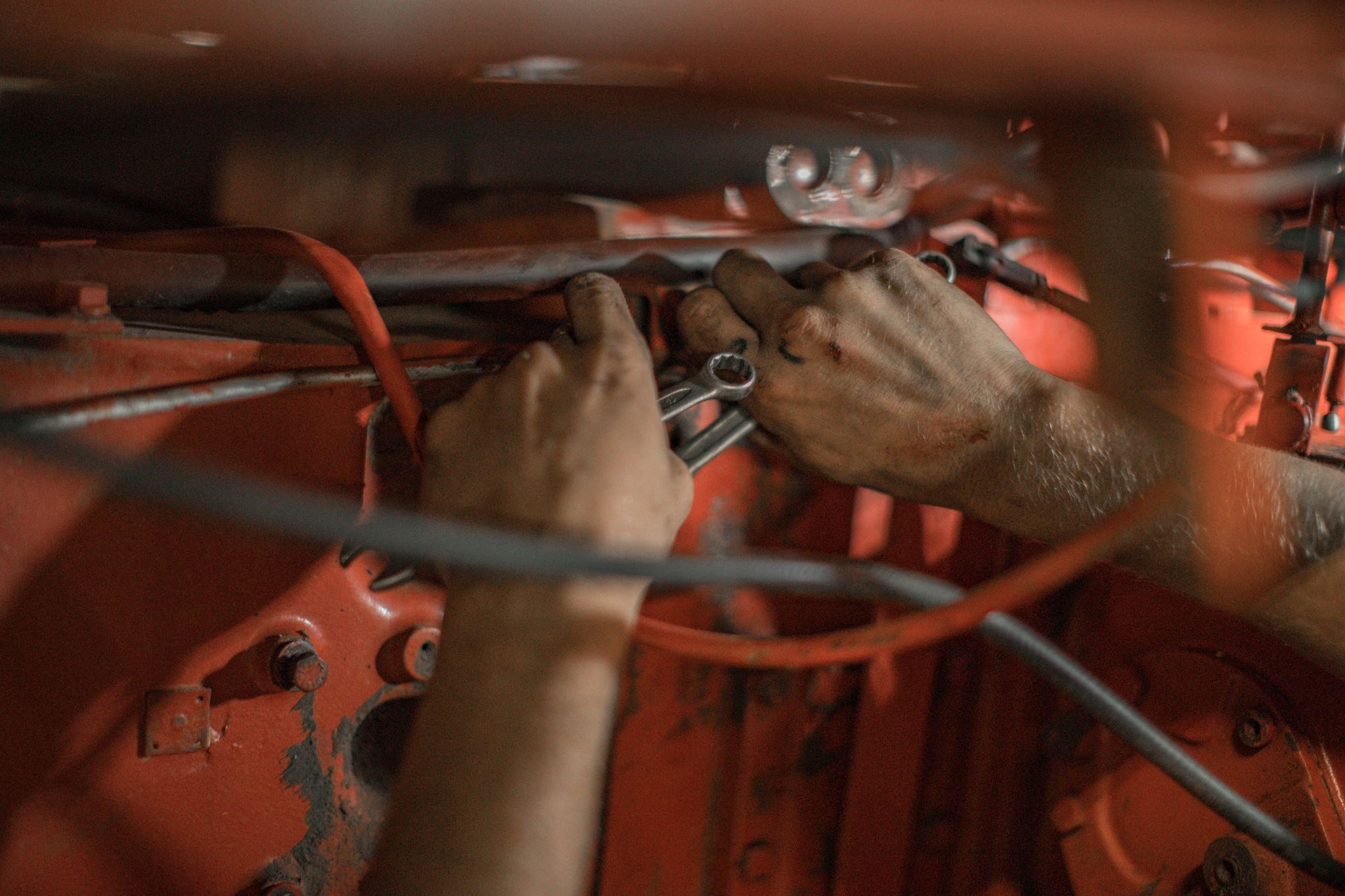Understanding and maintaining diesel engines

Diesel engines are great! They have better efficiency compared with their gasoline counterparts and they require less fuel to run. You basically have a workhorse when you own a diesel-engine car. However, maintenance can be more costly than gasoline engines. If you want to take better care of your diesel engine, you can do a bunch of things.
The main components of a diesel engine
A diesel engine has 6 main components. Understanding them and their function may help you in taking care of the engine and ensuring its peak performance.
Engine block
The engine block is a metal structure made up of plates and castings. These castings and plates are welded to ensure support for the other components like the cylinder liners, heads, and crankshafts.
Bedplate
The bedplate i the base on which the engine is built. It is the foundation, so it must be durable enough to support the engine.
Cylinder liners
When fuel ignites, it results in little explosions that cause the pistons to rise and fall. Cylinder liners encase the moving pistons.
Valves
Valves are important components of the engine because they ensure the flow of fuel and air inside the cylinder and exhaust gas outside it.
Valve guides
Valve guides are responsible for transporting the heat generated from the process of combustion out of the exhaust valve.
Pistons
Pistons are responsible for compressing air-fuel mixture and converting the fuel into mechanical energy.
How to maintain a diesel engine
One way you can take care of your diesel engine is by choosing the right fuel for it. Another way is to let your engine properly cool down, especially after a long journey. The following are more ways you can keep your diesel workhorse in top shape.
Change oil regularly
Engines are vulnerable to corrosion. Plus, it has fast-moving parts that break down oil easily. When engine oil is no longer functioning properly, heat absorption and lubrication are affected. To prevent this, changing oil regularly is a must.
Check and replace filters
Air filters ensure that only clean air gets to the engine, with no debris that may damage or contaminate it. However, over time, dirt accumulates on the filter and it’s less capable of keeping off the dirt. Every diesel engine owner must replace air filters regularly. The frequency will depend on the condition of the environment you frequently drive in.
Change fuel filters
Fuel filters get worn out as well over time. It’s important to change them out every 10,000 to 15,000 miles run.
Check your coolant
Maintaining the right temperature is crucial in engine health. Make sure that the coolant circulating in the engine is able to take on the heat load the engine produces. Otherwise, you run the risk of overheating and eventual engine failure.
Remember to bring your car to your go-to mechanic for a regular maintenance routine. They can perform services like the replacement of fuel filters, bleeding the fuel system, draining of water trap, and replacing oil and filters.